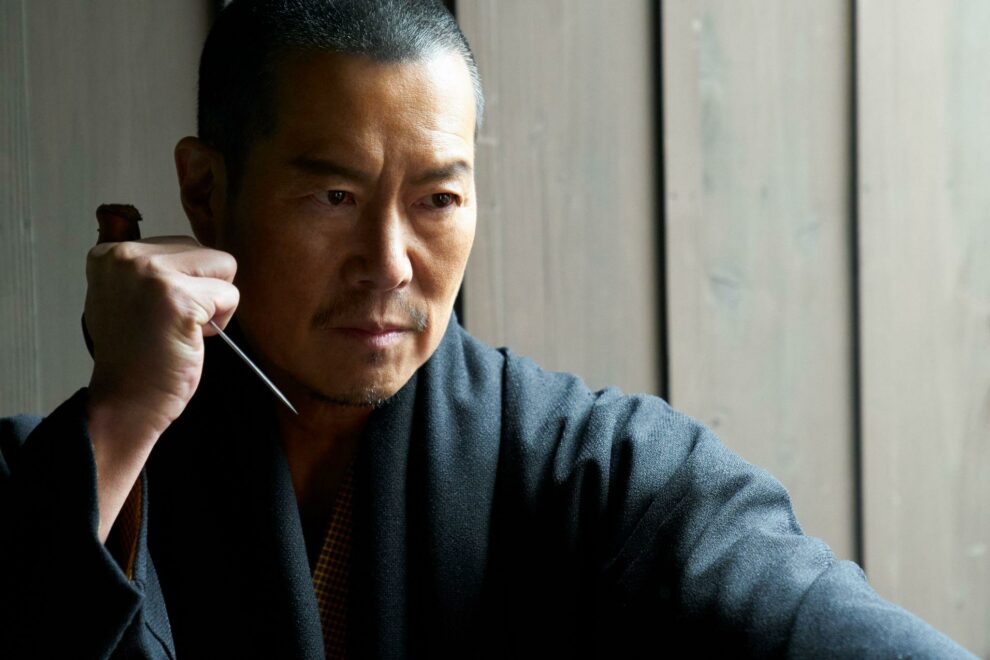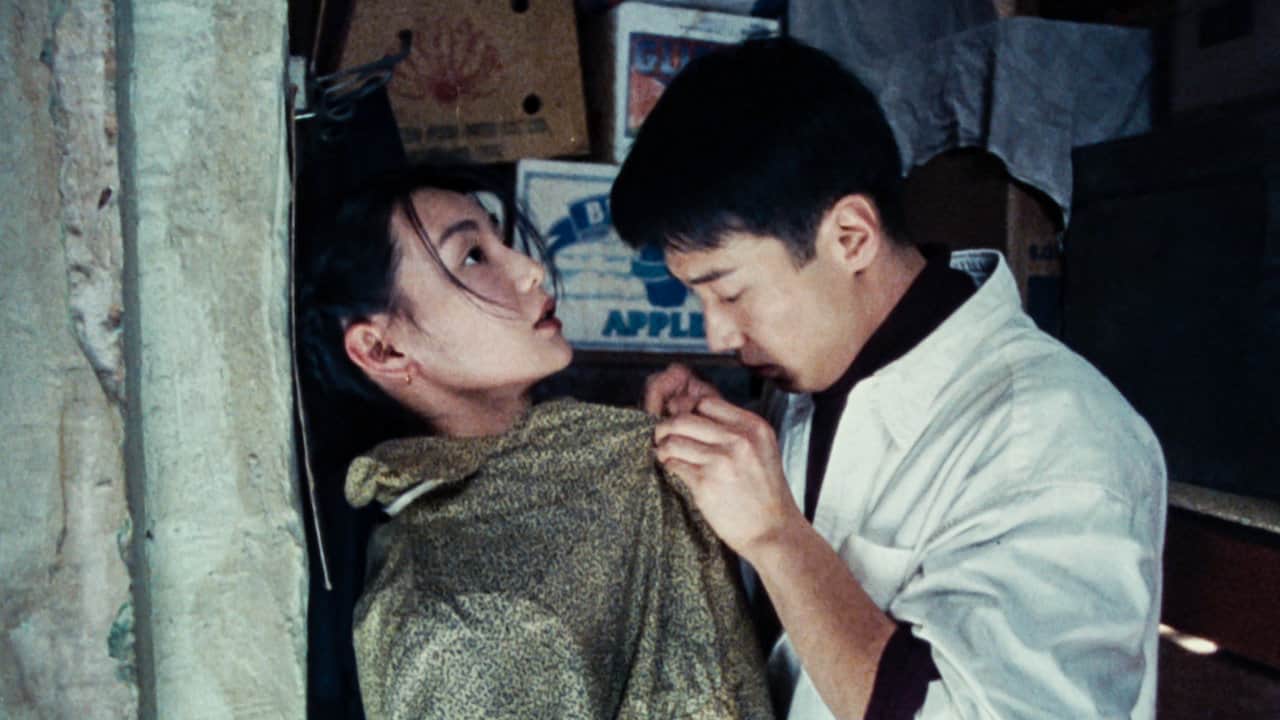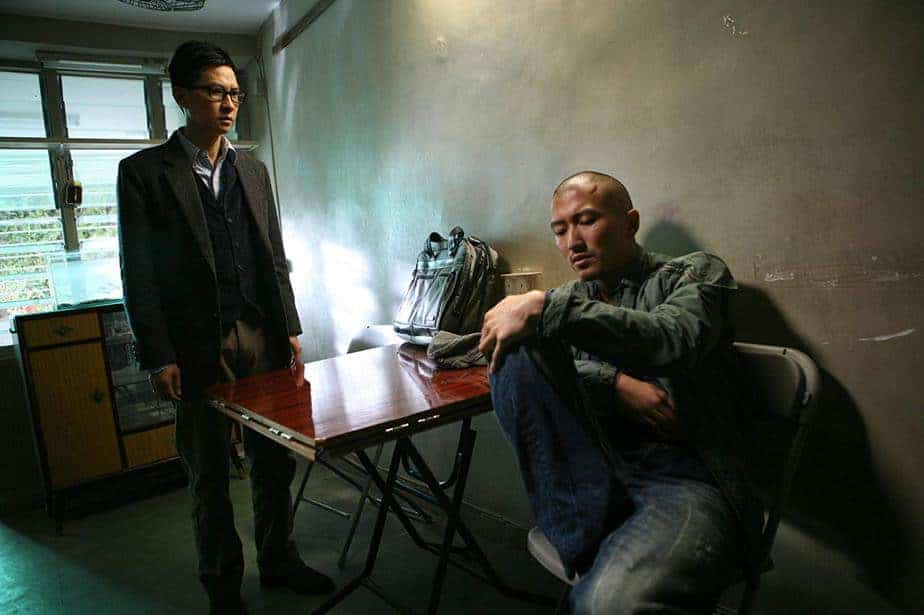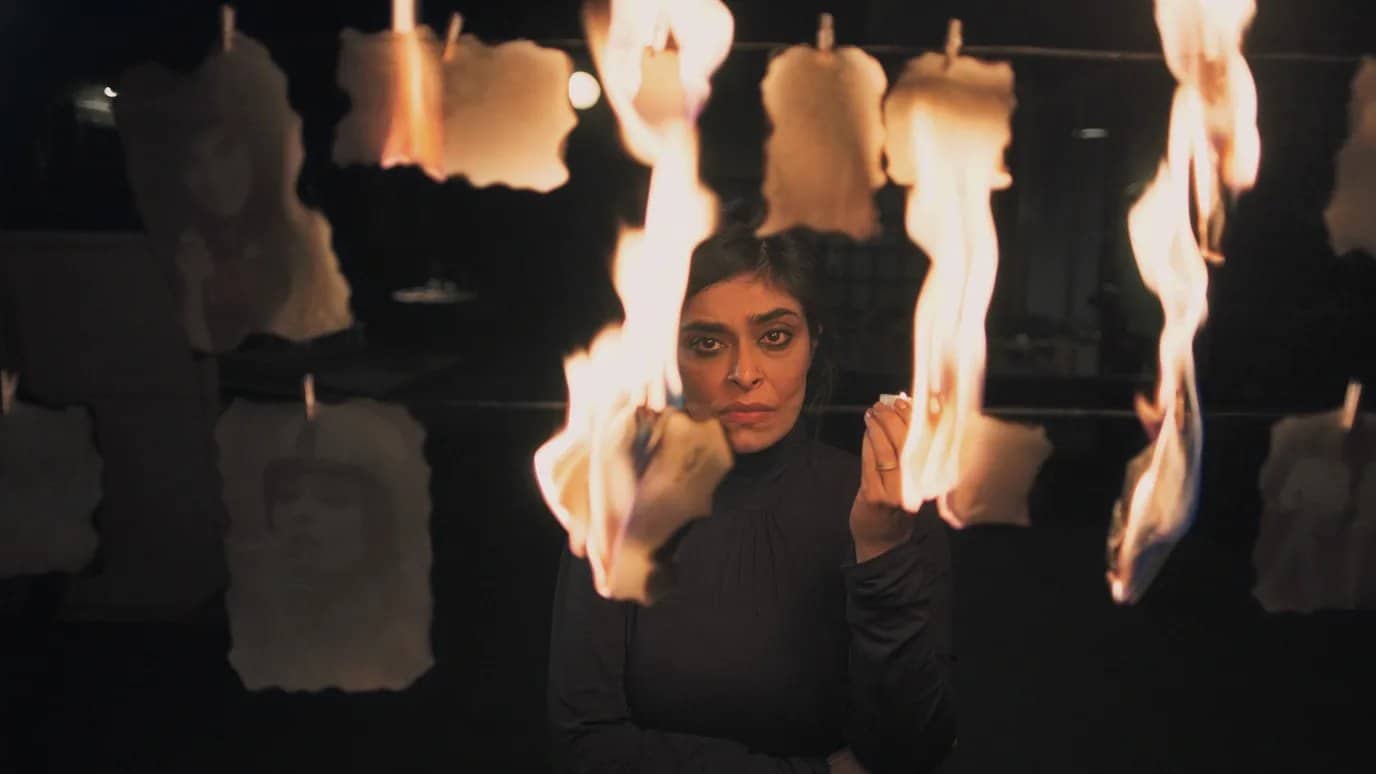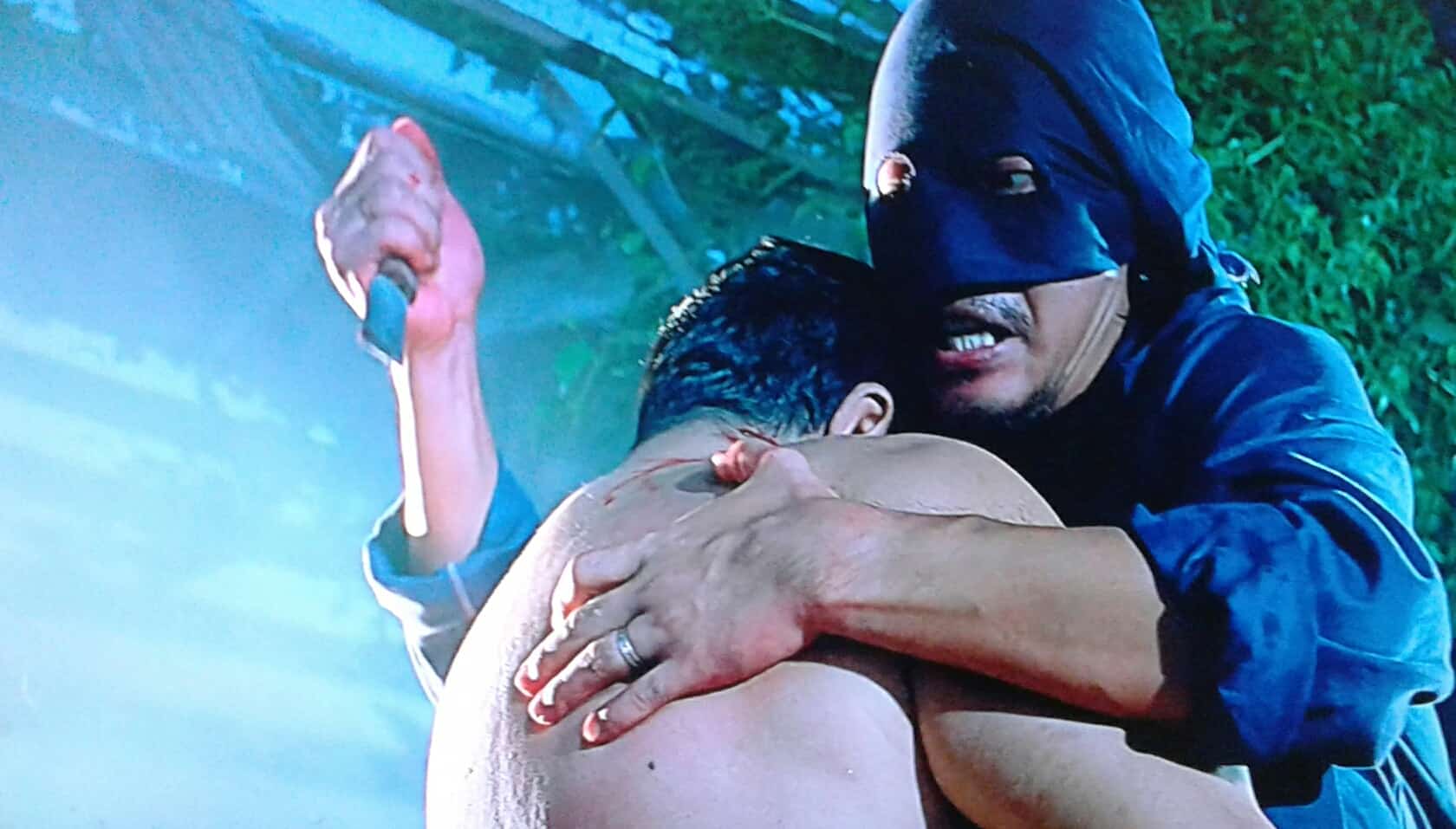Shotaro Ikenami was a prolific writer of samurai novels, a number of which were adapted for TV and film in Japan. One of his most iconic characters is Baian Fujieda, an acupuncturist who also doubles as a hired killer, who has been the source of a TV series and at least four movies, with Ken Ogata and Ken Watanabe playing the character, among others. To commemorate the 100th anniversary of Ikenami's birth on 1923, a consortium of media companies has produced two films based on the series.
Baian the Assassin, M.D. (Part 1) is screening at Camera Japan

Baian may be known to the world as an acupuncturist, including his maid Oseki, who treats him as a combination of nagging wife, mother, and mother-in-law, but he also doubles as a killer for hire, although he picks his targets among people whom he thinks deserve to die. The beginning of the movie explains in detail how the whole thing works, with the clients approaching a middle man, which is known by the term ‘vine' and he contacts Baian, paying him for the deed (half before half after) and keeping a commission for himself. Apart from the vine, the only one who knows about his secret capacity is Hiko, a toothpick maker who is also an assassin, and is the closest thing Baian has to a friend.
Eventually, the vine approaches him once more with an order about a woman, Omino, the rather beautiful second wife of an elderly owner of a restaurant. The former consort has come to dominate his business and his employees, occasionally forcing various geishas that work there, through a stick and carrot approach, to indulge the abnormal sexual wishes of her rich customers. Baian proceeds on investigating the case, coming closer to an employee, Omon, who soon falls in love with him due to his sexual prowess, which derives from his intense knowledge of human anatomy, as the flashbacks to his training days eloquently demonstrate. The more he learns, however, the more Baian realizes that what is happening is much more complicated than he anticipated, with the order being associated with his killing of another woman, some years before.
Check also this interview
The protagonist of any movie or series, particularly those coming out of Japan, clearly points towards the target audience each title aims at (and yes, anime address teenagers for the most part). As such, considering that Baian is in his 60s, that the movie addresses the particular demographic (men of that age that is) is quite evident from the beginning, while his sexual prowess with younger women definitely moves towards this particular direction. Apart from that, however, the movie is a very intriguing samurai drama, with a pinch of noir, as most of the protagonist's dealing happen in the dark, which results in a very entertaining spectacle.
For starters, the trope of the doctor/assassin, which has been made into a household concept due to Zatoichi, works excellent here, with the radical antithesis of Baian's two capacities, but also the way they complement each other, proving one of the most appealing elements of the movie. Particularly the way he does his killing by simply inserting needles in key points of his target's bodies, without any kind of fuss, is a wonder to watch, with Kawake drawing from the technique as much as possible, highlighting it in various different settings. Furthermore, Etsushi Toyokawa manages to highlight both capacities in excellence, with his constant cool essentially making the moments where he loses it stand out intensely. That these instances include his interactions with his nosy maid add a sense of humor to the story, which also works well.
Also of appeal is the intricate story, with Baian discovering more and more things as time passes, with the layered script being well handled, both by Shunsuke Kawake's direction and the overall editing, in the way the various twists unfold and the way the action gives its stead to the story. Granted, after a point, the story becomes a bit far-fetched, and the melodrama regarding the protagonist's past, annoying, but not to a point to ruin the overall sense of the movie.
Also of note are the production values here, with the presentation of the era being a mix of realism and noir, with the occasionally rather intense yellow and red hues resulting in a series of impressive images. The many and varying action scenes (sword fights, silent murders etc) are also excellently choreographed and shot, with the differences between how the samurai and how the silent assassin conduct their murder, providing a very entertaining antithesis.
Regarding the acting, the two main women protagonists are the ones stealing the show. Yuki Amani as the quintessential femme fatale is excellent throughout, also in the brief moments she is a victim instead, while Miho Kanno as the somewhat naive and gossipy Omon, who cannot handle her drink, is equally good, in another very appealing antithesis here. Ainosuke Kataoka as Hiko stands out from the male actors, with his interactions with Baian being both funny and “heavy” on occasion.
Despite some faults here and there, which mostly derive from the particular targeted audience, “Baian the Assassin, M.D. (Part 1)” is a very entertaining film, which combines the samurai action with crime and drama, and an intricate plot and exquisite production values.


